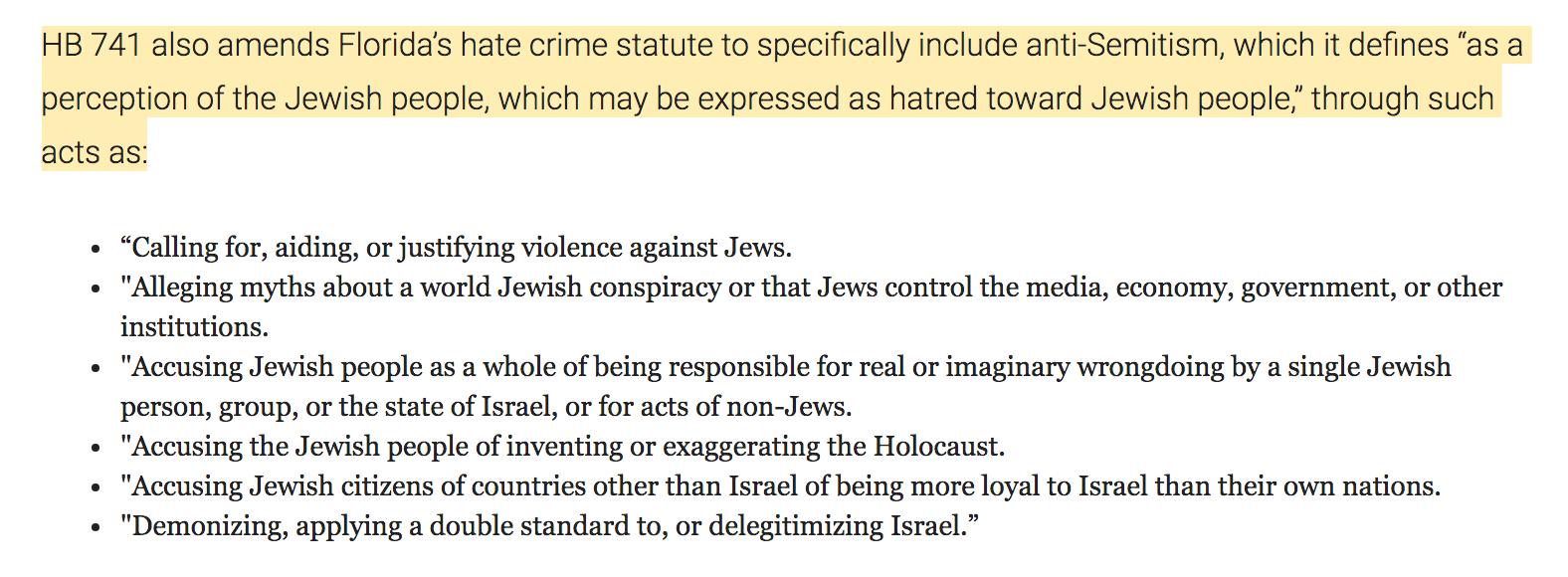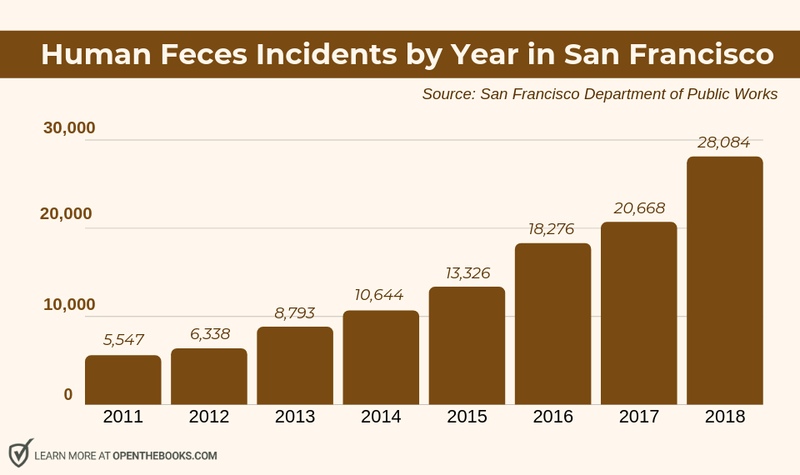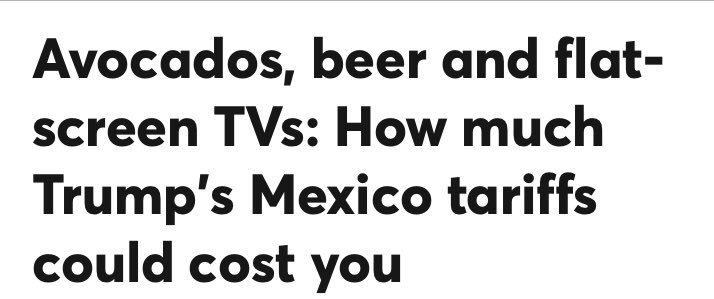San Francisco: An Expensive, Poop-Covered Cesspool Marked by Crime and Depression
Thanks to high-crime, squalor, relaxed drug laws and an excruciatingly high cost of living, San Francisco has become one of the nation’s most depressing places to live, according to the City-Journal‘s Erica Sandberg.
And it’s not just the ****-covered streets which require highly-compensated “poop patrollers” to try and keep up with the fecal fiasco, or the thousands of used drug needles littering the ground, or the shocking number of aggressive homeless people terrifying tourists; San Francisco is a bastion of property crime – in fact, it’s the worst city in the nation when it comes to burglary, larceny, shoplifting and vandalism, according to the report.
The rate of car break-ins is particularly striking: in 2017 over 30,000 reports were filed, and the current average is 51 per day. Other low-level offenses, including drug dealing, street harassment, encampments, indecent exposure, public intoxication, simple assault, and disorderly conduct are also rampant.
…
When compounded with other troubles for which the city is now infamous (human feces, filth, and homelessness, which is up 17 percent since 2017), San Franciscans find themselves surrounded by squalor and disorder. –City-Journal
According to many in law enforcement, the crime wave is being fueled by a 2014 law, Proposition 47, which downgraded possession of illegal narcotics for personal use as well as theft of items below $950 in value from felonies to misdemeanors.
All of this has left residents depressed, according to Marina Times EIC Susan Dyer Reynolds, who said “A lot of people are ready to leave because the crimes are causing depression,” adding that so-called homeless navigation centers “are not sober facilities, and people steal and break into cars to feed their habits. Crime will go up. We know this.”
Meanwhile, rampant low-level crimes are intensifying the death of retail in San Francisco.
Landmark Mission District stores are shuttering, citing theft and lack of security. In April, CVS closed two pharmacies that had been ravaged by constant shoplifting. Mom-and-pop businesses, wracked by so-called minor losses, find it impossible to survive. Empty storefronts dot once-vibrant neighborhoods. –City-Journal
“Property and low-level crimes shrink the space for everyday people and enlarge them for the people committing them,” according to criminal prosecutor Nancy Tung, who is running for District Attorney in the 2019 election. “If we continue down this path, we will see more people leave San Francisco.”
Crime hits the poor the hardest
“In the Tenderloin we have vulnerable populations—people of color, the most children, the second-highest concentration of elders, and they are held hostage by drug dealers and theft, and the city tells them these crimes are not that bad,” says Tung. “We are failing to protect them. The police do a good job, because the criminals are caught, only to be released back on the streets over and over.”
“The everyday wear and tear on your psyche gets to you,” said David Young – board president of his South Market building which suffered four window smashings in a six-month period. “When we walk out the door, we know that there is a 100 percent chance we’ll see someone on drugs, in various states of undress, blood on sidewalks, and discarded sharps. These are crimes no one in city hall seems to care about. When you say something about it, you’re called a fascist.”
San Francisco used to be an amazing place to live, says Young. “Now people look at the city as an abscess … The cost of housing compared to the quality of life is way off. Everyone is talking about it. Crime has been ignored for so long, and it’s gotten so huge. Serial repeat offenders have no problem making bail, especially drug dealers, as they see it as the cost of doing business.”
Fighting back
Some local residents are taking matters into their own hands. Activist Frank Noto, who co-founded “Stop Crime: Neighborhood for Criminal Justice Accountability,” says he had heard too many stories from locals who were suffering from smash-and-grabs and home burglaries. In 2016, Frank helped win a City Hall grant to fund crime prevention tools, such as installing security cameras and tracking devices.
Neighbors had come together for an art project, which drew crowds—but also crime rings. First tourists’ cars were hit, then residents’ cars, and then homes. So the group started a court-watch program. They attended hearings and observed decisions, and they noted a casual judicial approach to these cases. Their presence didn’t go unnoticed. Judges know that they’re being scrutinized; one actually recused himself. “We have to take a stand,” says Noto. “We talked to one guy, an electrician, who’s been burglarized six times, and all of his tools have been stolen. All we want is for the DA and judges to take this seriously.” –City-Journal
The SF police say they’re ‘doing their best’ for whatever that’s worth. “It looks like hell here, but we are getting those people,” according to SFPD Department Captain Carl Fabbri, who heads up the tenderloin police station. “In our district, robberies are down 17 percent, burglaries are down 28 percent, and auto break-ins are down 26 percent. These results don’t just happen. We’re getting the people off the streets even for two days. When they’re in jail, we see an impact.”
That said, the San Francisco judicial system is letting criminals free too soon, according to people like Fabbri, Tung and Noto. “We could be keeping them and be giving services while they’re in jail,” says Fabbri. “It could really be effective. We need changes in the law and policies, to amend Proposition 47 and strengthen quality-of-life laws.”
We won’t hold our breath… well, maybe.
http://www.americanfreedomunion.com...ered-cesspool-marked-by-crime-and-depression/










